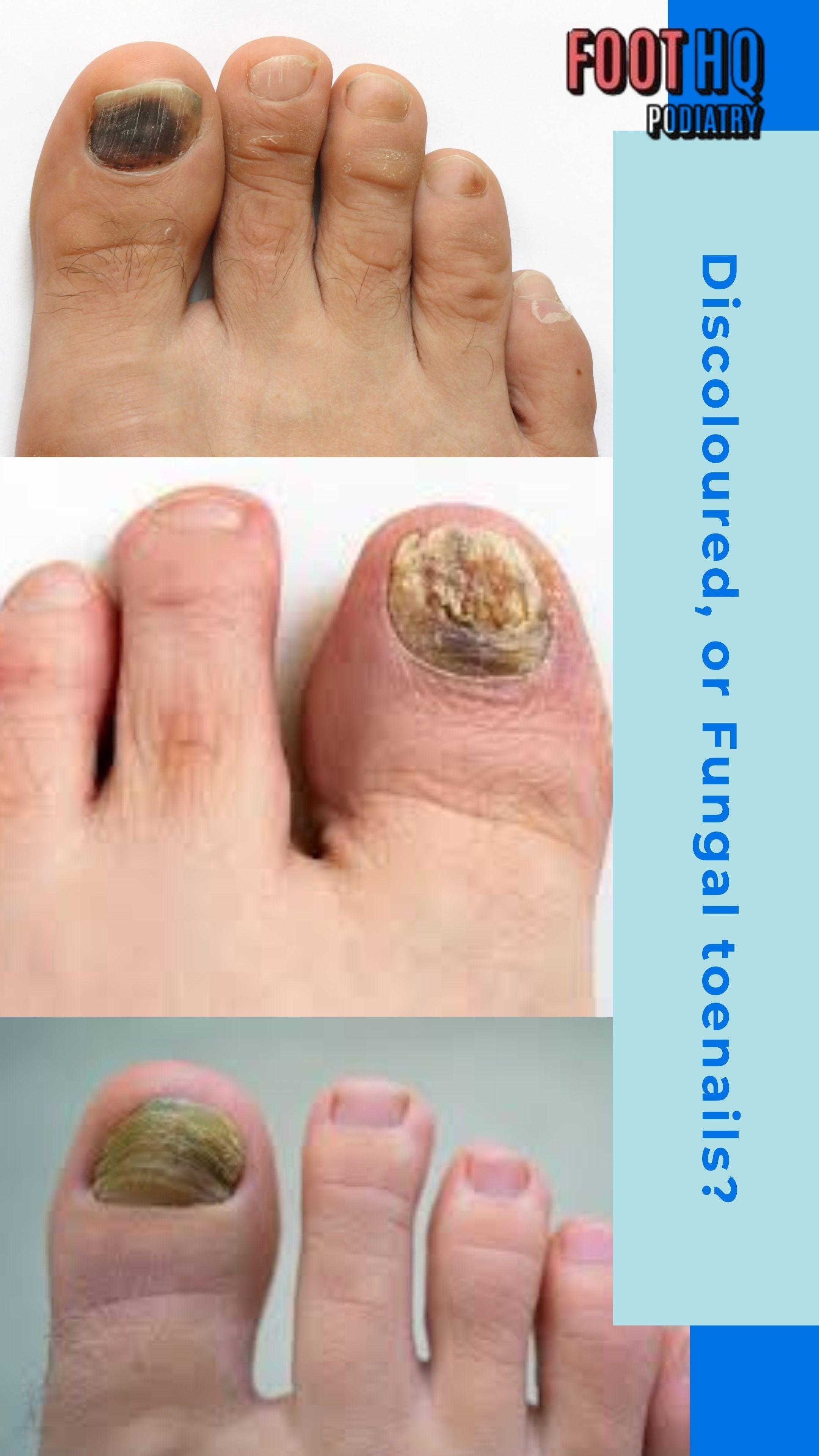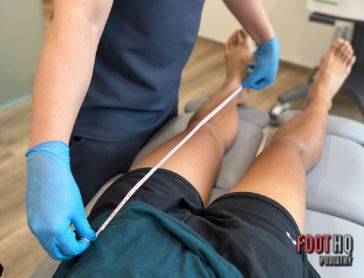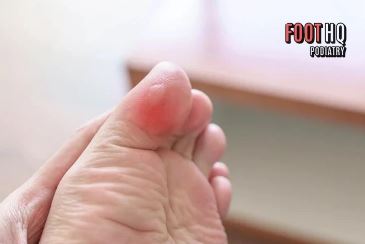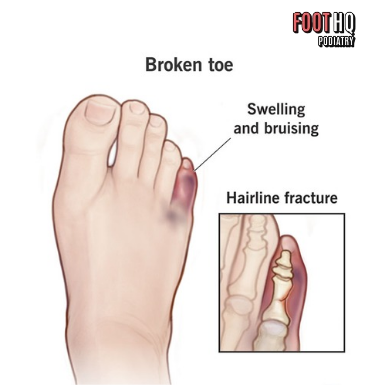What Can I Do About Thick, Discoloured, or Fungal Toenails?
Thick, discoloured, or fungal toenails are common issues that affect many Australians. These nail problems can be both uncomfortable and unsightly, impacting your confidence and overall foot health. In this blog post, we’ll explore the causes, treatment options, and preventive measures you can take to manage and improve your nail condition.
Understanding the Issue
Thick and discoloured toenails often result from a fungal infection, though other factors such as injury or psoriasis can also play a role. When your toenails become thickened, they may feel brittle, change colour (often yellow or brown), and even emit an unpleasant odour. These symptoms not only affect the appearance of your feet, but can also lead to discomfort when wearing shoes.
Common Causes of Fungal Toenails
-
Fungal Infections: The most frequent culprit is a fungal infection. This can easily develop in warm, moist environments like communal showers or gyms.
-
Poor Foot Hygiene: Inadequate cleaning and drying of the feet can provide the ideal conditions for fungal growth.
-
Injuries: Trauma to the nail — for example, from ill-fitting footwear — can damage the nail structure, making it more vulnerable to infections.
-
Compromised Immune System: Conditions like diabetes or other chronic illnesses can lower the body’s ability to fight off infections.
At-Home Treatments
If your symptoms are mild, you might begin with some at-home treatments:
-
Keep Your Feet Clean and Dry: Wash your feet daily with an antifungal soap and dry them thoroughly, especially between your toes.
-
Over-the-counter Antifungal Creams or Nail Lacquers: These products are available at your local chemist and can help slow the spread of fungal infections.
-
Proper Nail Care: Trim your nails straight across and avoid cutting them too short. This helps prevent further nail damage and reduces the risk of infection.
-
Footwear and Socks: Wear breathable shoes and change your socks daily. Consider using antifungal sprays or powders in your shoes to reduce moisture.
Professional Treatment Options
For more severe cases of thick or fungal toenails, it’s advisable to consult a podiatrist. Professional treatments may include:
-
Prescription Antifungal Medications: Your podiatrist might prescribe oral antifungal tablets that work from the inside out to clear the infection.
-
Topical Treatments: For some, a stronger prescription nail lacquer may be sufficient to combat the infection.
-
Debridement: In cases where the nail has become extremely thick, a podiatrist can carefully trim or thin the nail, providing relief and allowing topical treatments to work more effectively.
-
Laser Therapy: Some clinics now offer laser treatments to target the fungus directly, though this option can be more costly.
Preventing Future Infections
Taking steps to prevent reinfection is crucial. Here are some preventive measures:
-
Maintain Good Foot Hygiene: Wash and dry your feet every day, paying special attention to the spaces between your toes.
-
Choose the Right Footwear: Opt for shoes that fit well and allow your feet to breathe. Avoid sharing shoes or towels, especially in communal settings.
-
Monitor Nail Health: Keep an eye on any changes in your nail appearance. Early intervention can stop a minor issue from becoming more severe.
-
Regular Podiatry Check-ups: If you’re prone to nail issues, or if you have underlying conditions like diabetes, regular visits to a podiatrist can help detect problems early and keep your feet healthy.
When to See a Podiatrist
If you’ve tried at-home treatments without success, or if you notice signs of infection such as increased pain, swelling, or discharge, it’s important to seek professional care promptly. A podiatrist can provide a definitive diagnosis and recommend an appropriate course of treatment tailored to your needs.
Final Thoughts
Thick, discoloured, or fungal toenails are more than just a cosmetic concern—they can signal underlying health issues that need attention. By understanding the causes and exploring both at-home and professional treatment options, you can take positive steps towards healthier feet. Remember, effective nail care is an ongoing process that involves proper hygiene, the right footwear, and sometimes professional intervention.
Looking for expert care in dealing with fungal toenails?
At Foot HQ Podiatry, we specialise in comprehensive foot care. Visit us at Suite 1, 28–30 Urunga Parade, Miranda NSW 2228 or call (02) 8520 8818 to book a consultation today.
Taking proactive steps can help you manage nail issues and maintain better foot health throughout your life. Whether you’re dealing with a stubborn fungal infection or just want to improve the look of your nails, the right care can make a world of difference.
By following these tips and seeking professional advice when needed, you can enjoy healthier, more attractive toenails. If you found this post useful, share it with friends or leave a comment below!







Share: